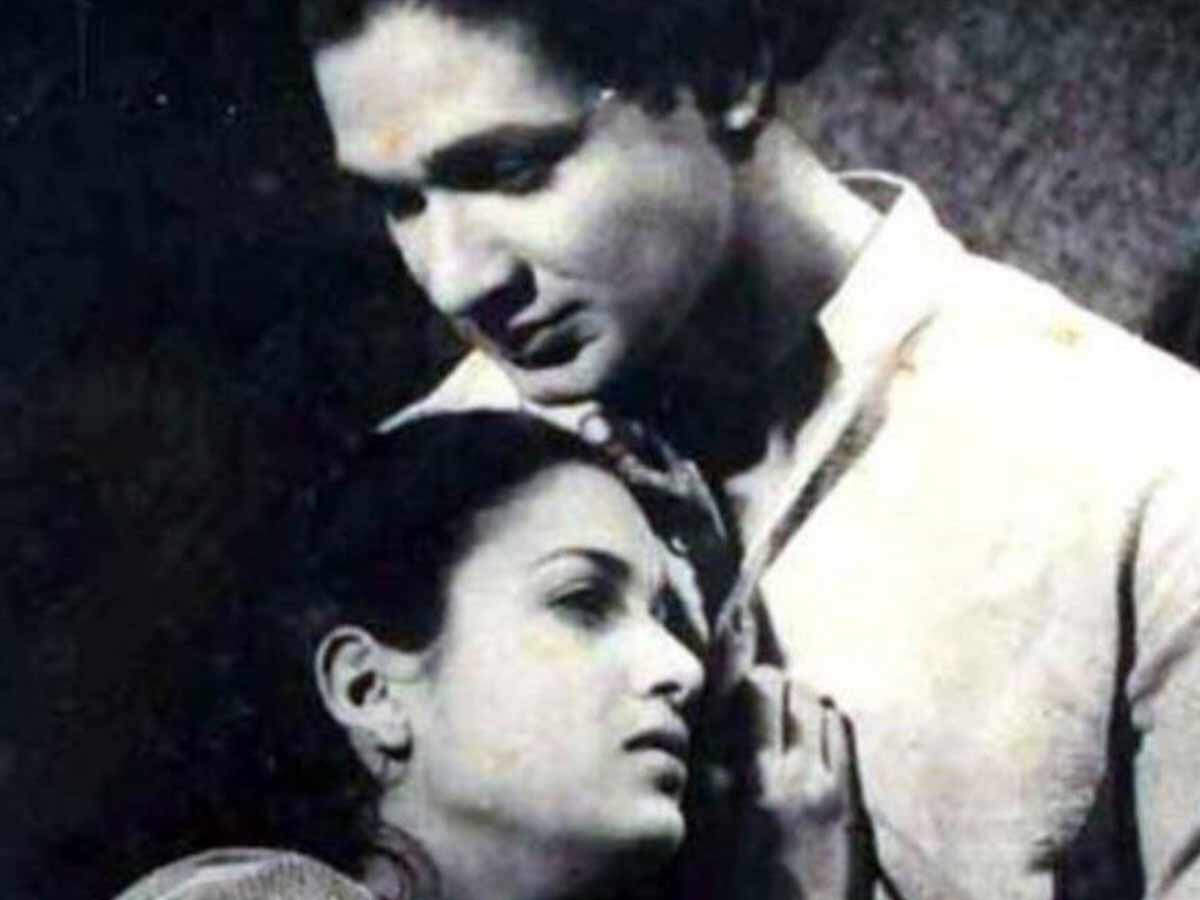It was circa 1946 when Chetan Anand’s Neecha Nagar became the first Indian film to have won the Grand Prix prize at Cannes and paved the way for the country’s filmmakers to take the film to an international stage. The film was screened alongside other notable films from around the world, such as Roberto Rossellini’s Rome, Open City (Italy), David Lean’s Brief Encounter (UK), and Billy Wilder’s The Lost Weekend (USA).
The film’s music was composed by Pandit Ravi Shankar and starred Uma Anand, Rafiq Ahmed, Rafi Peer and Zohra Sehgal.
Inspired by Maxim Gorky’s play The Lower Depths, Neecha Nagar was directed by filmmaker Chetan Anand and depicted the social and economic disparities of Indian society during that era. The film presented the life of individuals living in slums and emphasised the exploitation they experienced at the hands of the elite.
The film follows a fictional town Neecha Nagar, characterised by its downhill location and being inhabited by the lower economic class. In close proximity lies Ooncha Nagar, an uphill town where the wealthy reside. Despite their proximity, the stark differences between these two worlds are evident.
Enter Sarkar, a cunningly named businessman symbolising the government. He devises a plan to reroute the open sewage canal, which carries the waste from Ooncha Nagar, through Neecha Nagar. As the townspeople of Neecha Nagar become aware of Sarkar’s intentions, they vehemently oppose the project. However, driven by his vested interests, Sarkar remains determined to proceed, dismissing their growing resistance.
In an attempt to downplay the severity of the sewage canal, Sarkar manipulates public perception, claiming it to be nothing more than a stream of water with a bit of dirt. He even hires a man from Neecha Nagar to clean it, further dividing the townspeople.
Tragically, the unhygienic living conditions in Neecha Nagar lead to an outbreak of an epidemic. Exploiting the misery he himself created, Sarkar builds a hospital, aiming to profit further from the suffering.
The remaining part of the story focuses on how the people of Neecha Nagar overcome their personal insecurities, unite, and stand up against the powerful builder.

It is worth noting that this film was produced during the final stages of British rule when the British authorities imposed stringent rules and restrictions. Despite these challenges, the cast and crew joined forces and managed to create the film within a limited budget.
Chetan Anand later directed films such as Haqeeqat, Heer Ranjha, Kudrat, and the critically acclaimed Doordarshan serial Param Vir Chakra, but it was Neecha Nagar that established the groundwork for his cinematic career.

